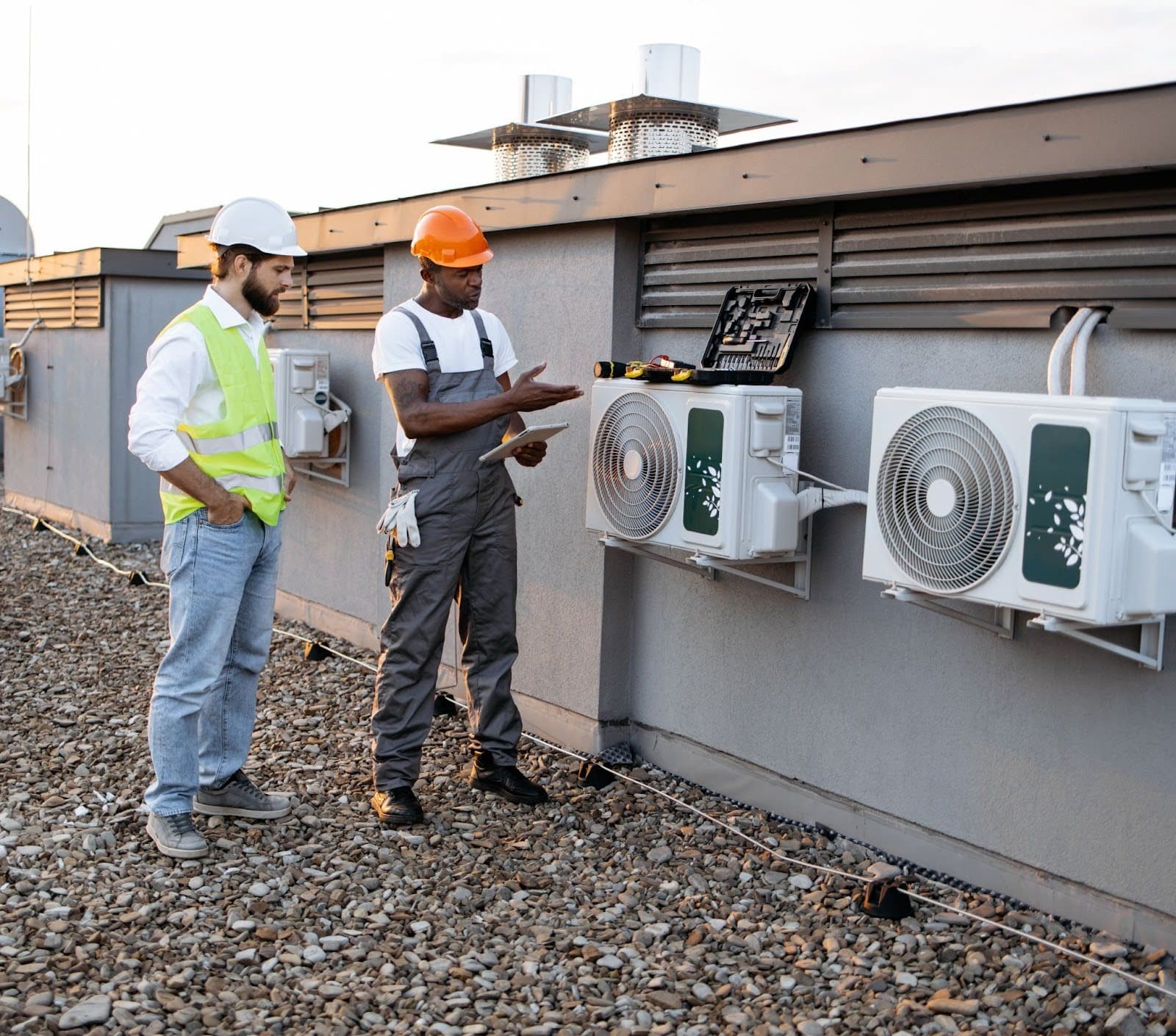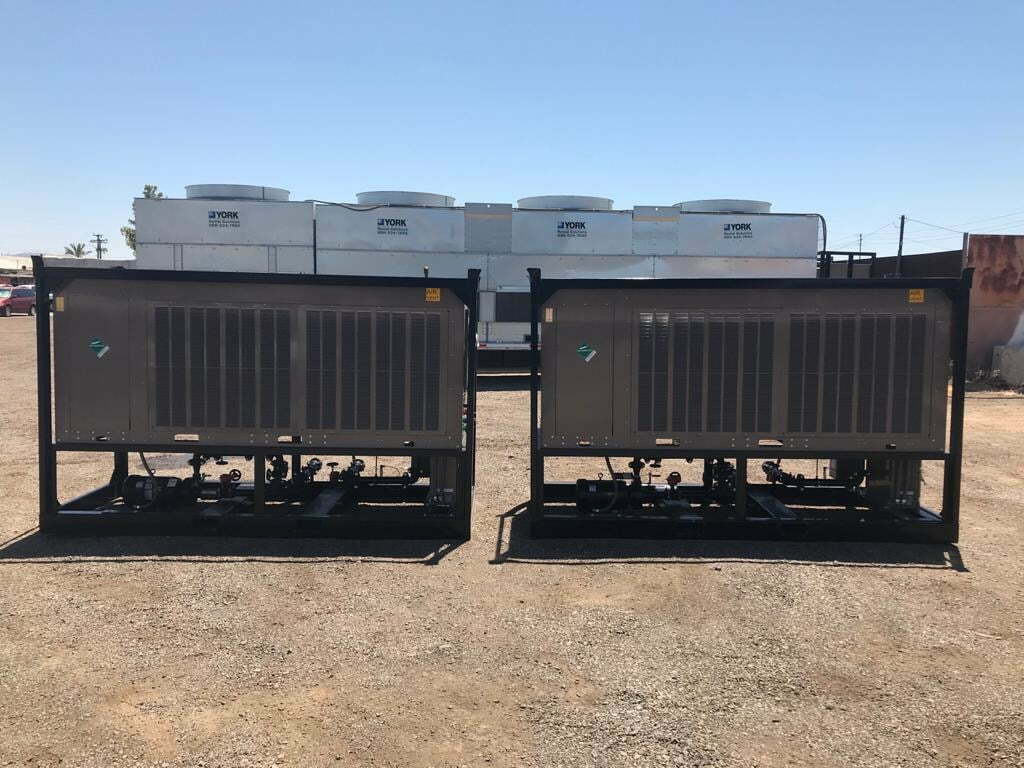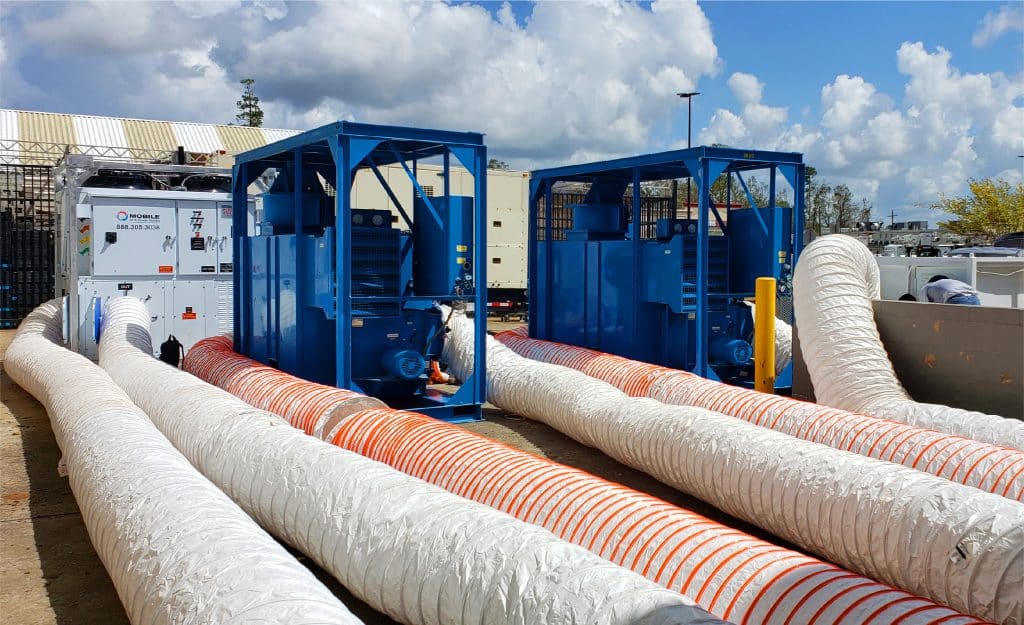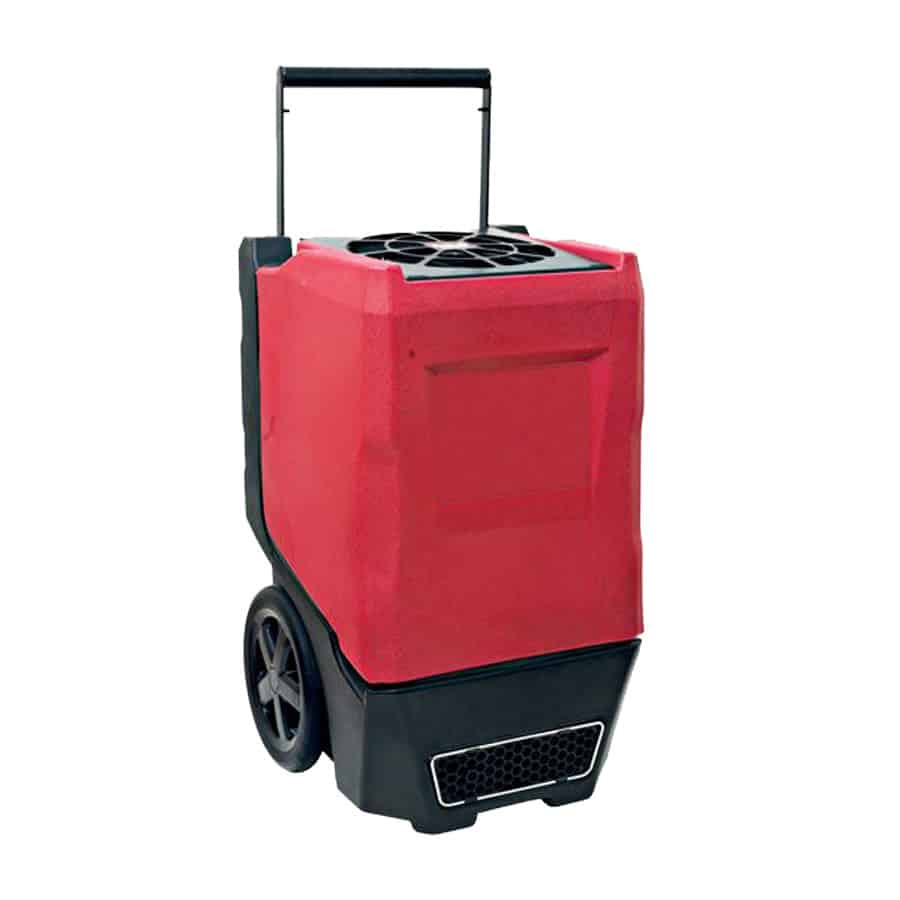Record-breaking temperatures are becoming more frequent across the United States. These extreme heat wave facility operations challenges affect warehouses, manufacturing plants, data centers, and construction sites nationwide. Businesses are exposed to significant hazards when temperatures rise above typical limits, which can disrupt production and put employees at risk of injury.
Heat waves place a burden on the existing cooling systems and strain the electrical infrastructure. Many establishments find that extended exposure to triple-digit temperatures is too much for their permanent HVAC systems to withstand. Savvy facility managers foresee these weather-related events by understanding the risks and creating backup plans.
Impact on Facilities
Several operational issues brought on by rising temperatures affect entire organizations. When interior temperatures rise above comfortable levels, worker productivity dramatically declines. Stress from heat causes workers to work more slowly, make more mistakes, and have more accidents.
In severe weather, equipment performance deteriorates. Faster overheating of machinery necessitates frequent shutdowns for cooling. Thermal damage to computer servers and delicate equipment can result in lost data and repair costs of thousands of dollars.
As the temperature rises, workplace heat compliance becomes a significant concern. While continuing to operate, employers must safeguard their employees from heat-related ailments. The financial impact includes possible legal action and fines from the government, in addition to the immediate expenses.
Rental HVAC Options
Temporary cooling equipment provides flexible ways to deal with excessive temperatures. Portable air conditioners provide targeted cooling for particular work areas or regions that include vital equipment. These devices can be quickly deployed and don’t require permanent installation.
Industrial chillers meet the larger cooling demands of warehouses and manufacturing facilities. Rental chillers deliver powerful cooling capacity that supplements existing systems during peak demand periods. Spot coolers provide precise cooling for server rooms and equipment areas that require immediate temperature control.
Rental HVAC solutions scale up or down based on actual needs. Facilities can add multiple units during heat waves and return them when temperatures return to normal.
Emergency Power Rentals
Facilities may not have access to cooling when they need it most due to power grid outages during heat waves. During disruptions, cooling systems can continue to function using emergency power rentals. HVAC systems are kept operational by backup generators as utility companies attempt to restore service.
Large industrial generators and small portable devices are among the power rental options. Individual equipment pieces or entire cooling systems can be powered by these systems, depending on the facility’s requirements. Several cooling units can effectively share electricity thanks to load management capabilities.
Predicting power needs in advance of severe weather events helps to avoid rushing to get equipment in an emergency. Rental businesses can evaluate electrical loads and recommend the appropriate generator sizes for specific cooling requirements.
OSHA Heat Safety Standards
The Occupational Safety and Health Administration requires employers to protect workers from heat-related hazards. Heat safety OSHA regulations focus on prevention through environmental controls, work practices, and worker training programs.
Employers must provide adequate cooling in work areas where feasible. When environmental controls cannot maintain safe temperatures, companies must implement work rest cycles and provide cooling areas for breaks. OSHA – Heat Illness Prevention guidelines detail specific requirements for different work environments.
Training programs help supervisors recognize heat illness symptoms and respond appropriately. Workers need education about hydration, rest periods, and proper clothing for hot conditions. Documentation of these efforts helps demonstrate compliance during inspections.
Business Continuity Planning
Heat waves can disrupt operations for days or weeks if facilities lack proper preparation. Business continuity planning incorporates weather-related risks and response strategies. This planning identifies vulnerable areas and establishes response procedures before emergencies occur.
Rental equipment arrangements should be established before extreme weather arrives. Pre-negotiated contracts with rental companies guarantee equipment availability during high-demand periods. Having backup plans prevents costly production shutdowns and customer disappointment.
When primary systems malfunction or become overloaded, rental air conditioners and cooling equipment help keep things running smoothly.
Conclusion
Heat waves pose a major risk to worker safety, corporate profitability, and facility operations. Temperature-related shutdowns can be avoided with proactive planning that includes emergency power and backup HVAC equipment. Businesses that prepare for severe weather protect their workers and maintain their competitive advantage.
Don’t let heat waves disrupt operations. Secure reliable HVAC and power rentals today. Contact Mobile Air or call (888) 305-3038 to connect with our experts.





